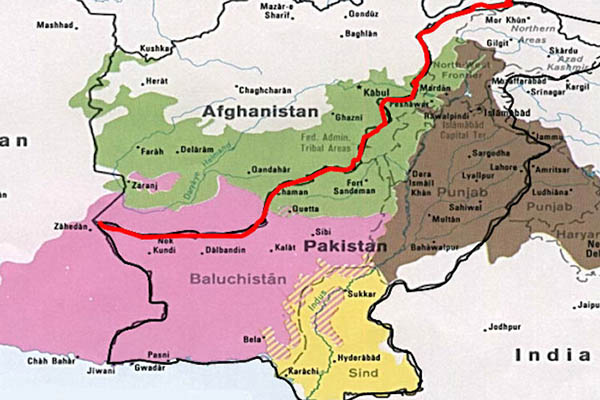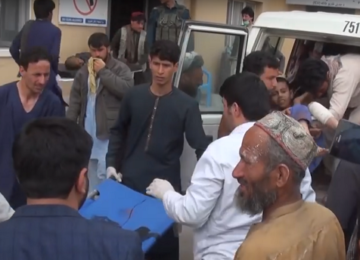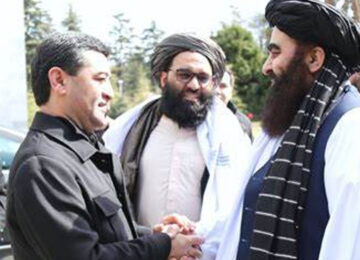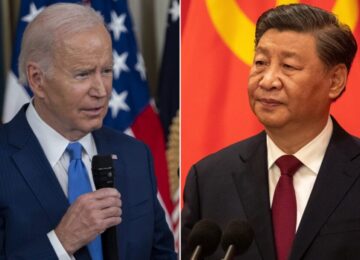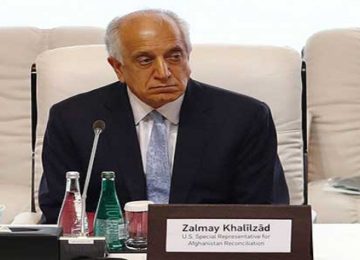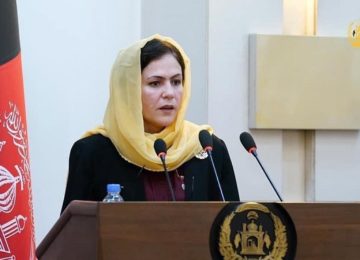Pak-Afghan ties are at a critical juncture. Earlier this week, the Taliban apologized for the border firing, but clashes at the Chaman border arose again on Thursday, injuring several. The Taliban want the world to look at them differently, but they fail to form a cordial relationship even with their immediate neighbor. With the rising border tension and TTP threat, the Taliban must act prudently in the regional interest to maintain peace and stability.
Earlier this week, the interim Afghan administration apologized to Pakistan, Defence Minister Khawaja Asif said on Monday, as it seemed that efforts to defuse tensions following bloody border fighting in Chaman on Sunday had succeeded. At least seven civilians were killed, and 17 others were injured when Chaman was subjected to “unprovoked and indiscriminate” heavy gunfire and artillery shelling by the Afghan Border Force.
Kabul added that it would be “regrettable” if Sunday’s tragedy happened again.
Nearly 120 kilometers (74 miles) northwest of Quetta, the capital of the Balochistan province, is the Chaman border crossing. It is a crucial commerce corridor and one of the busiest border crossings between the two nations.
However, the apology from the Afghan administration did not hold up well. Fighting broke out between Pakistani and Afghan border forces for the second time in less than a week, injuring at least 16 civilians in Pakistan. According to Dr. Akhtar Mohammed, a hospital administrator, significant artillery firing near the Chaman-Spin Boldak border crossing began around midday on Thursday, prompting the declaration of an emergency at the city’s main hospital.
Tensions have existed between the two neighbors since the Afghan Taliban seized power in August of last year. Tehreek-e-Taliban Pakistan (TTP), an ideological offshoot of the Afghan Taliban, is an insurgent group that Pakistan accuses Afghanistan of harboring.
There have been recurrent incidents of border tension in the past quarter. When a Pakistani security official was killed by an unidentified shooter from the other side last month, the border was closed for a week, hampering economic activity.
The Taliban’s return to power last year was met with triumphalist rhetoric in Pakistan, but the recent and recurrent Afghan enmity blatantly contradicts that. Besides, they claimed that they had taken control of the territory and its sanctity. The TTP and IS-K’s continued presence in Afghanistan, however, is evidence that Afghanistan’s security threat still exists.
It is understood that the Taliban are somewhat diplomatically isolated. The world looks at Afghanistan with pity and humanitarian assistance comes in response to that. However, the Taliban must see that they cannot run the country like that forever. Pity would not do, action will. They might have been able to run the economy, averting complete fiscal collapse, but what are they willing to do to fight the real enemy: terrorism?
An intra-Afghan conversation should be facilitated by Pakistan and other foreign countries, but it should not, in any way, attempt to sway Afghan political outcomes. Second, the message to Kabul’s leaders needs to be loud and clear: Afghan territory should not be used as a haven for anti-Pakistan terrorists or other hostile foreign forces.
This message needs to be understood clearly in light of the TTP’s expedited resurgence. To serve Pakistan’s interests, our Afghan strategy should aim for an Afghanistan that is at peace with both itself and the rest of the world.
Lastly, in light of recent events, a huge communication gap is felt between the senior and lower cadre of the Taliban. One day the leadership apologizes for the ‘mishap’ at the border, but on the next, the firing resumes, with no ownership or accountability. The Taliban should figure out their internal communicative mechanism first, and stand firm on their word. So, instead of creating a conducive environment for apologizing for their side’s hasty measures, they guard the border and make it safer for people on both sides.
In collaboration with Matrix Media
December 17, 2022
By Elsa Imdad



